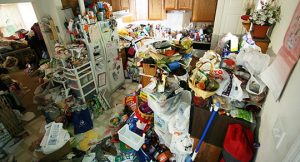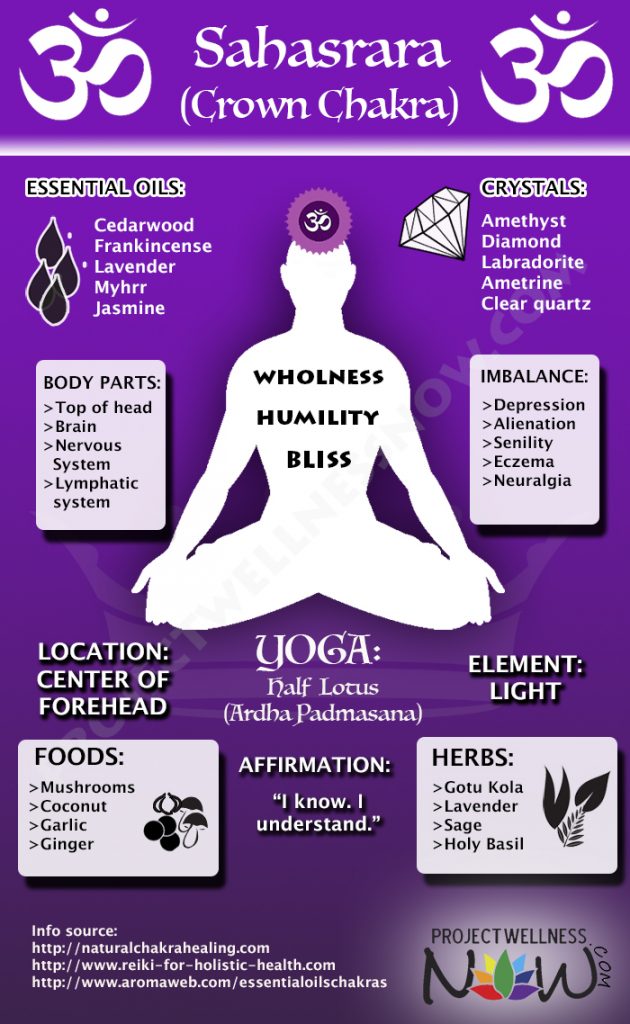Clutter impacts your mental health. The impact of hoarding on your mental health is that it causes parts of your brain that deal with pain and conflict to go berserk. Instead of leading a life that feels positive and calm, hoarders feel psychological pain.
The hoarder’s brain
A hoarder’s brain sparks into action when he or she thinks about throwing something away. Apparently the parts of the brain that are stimulated are the anterior cingulate cortex and insula, areas associated with pain and conflict!
This means hoarders experience actual measurable psychological pain if someone (including themselves) messes with their stuff.
You can’t concentrate when you’re surrounded by disorganized stuff
My uncle is a hoarder. Even though he lives in an extended semi-care facility, he managed to pick up so much stuff that was left lying around by other patients, it took two days to clean out his bachelor suite. And a hoarder takes what a hoarder wants. That means newspapers, chairs, plates, books – you name it.
After cleaning my uncle’s suite, I went home. And I breathed a sigh of relief at what I perceive to be my clean house. Not only did the clean environment make me breath easier, it also made me feel happier.
That’s because most people find it difficult to concentrate when they’re surrounded by disorganized piles of clutter. The clutter is an overload on your senses. This causes stress.
That stress can prevent your brain from any type of creative thinking.
The stress of hoarding
Stress hormones spike during moments when people are dealing with their stuff. Apparently, your brain treats the situation as if you’re attempting to multitask. Your stress hormones are released. And instead of being able to concentrate on your surrounding, your body is overwhelmed by all the information its receiving. And that makes your mind say, “I give up.”
Never mind the impact hoarding has on your physical health. If you’re surrounded by piles of newspapers, empty cigarette boxes, and old styrofoam cups and plates, the bacteria that’s in the air is also in your lungs. Pretty soon you’re feeling sluggish, and then you start breaking out in skin rashes and next you’re visiting the doctor for some antibiotics. I can tell you I felt sick even after using a face mask and gloves to clean my uncle’s suite.
Admitting to being a hoarder is tough
One of the toughest things to do for a hoarder is admit to hoarding. There will be excuses like, “But I need this” or “it’s still useful” even though that magazine from 2010 doesn’t contain anything that you don’t already know.
But its not easy to admit to hoarding. After all, when does a collection become an obsession that becomes hoarding?
So the first step to decluttering is admitting to yourself that you can still function without the item. Pick one thing in your room that you know you’ve got too much of, and honestly answer if you can function well without it.
People rarely see the clutter in their own homes. They’ll see hoarding issues in others before they see it in themselves. Be patient and kind when dealing with someone who hoards. And then go and look at your home to see if just maybe you too have an issue with clutter.
* Click here to find out about Terezia Farkas and Depression Help
Join the conversation. Leave a comment. Ask a question


